A Glimpse into the Vibrant World of South African Makeup Products
Related Articles: A Glimpse into the Vibrant World of South African Makeup Products
Introduction
In this auspicious occasion, we are delighted to delve into the intriguing topic related to A Glimpse into the Vibrant World of South African Makeup Products. Let’s weave interesting information and offer fresh perspectives to the readers.
Table of Content
A Glimpse into the Vibrant World of South African Makeup Products

South Africa, a land of diverse cultures and vibrant landscapes, reflects its rich heritage in the world of beauty and cosmetics. The makeup industry in South Africa has evolved significantly, offering a vast array of products catering to a wide spectrum of needs and preferences. This article delves into the landscape of South African makeup products, exploring their unique characteristics, key players, and the factors shaping their evolution.
A Tapestry of Diversity:
The South African makeup industry is a testament to the country’s diverse population. From indigenous brands rooted in traditional beauty practices to internationally recognized names, the market caters to a wide range of skin tones, textures, and aesthetic preferences. This inclusivity is reflected in the growing availability of products specifically designed for darker skin tones, addressing a long-standing need in the global beauty landscape.
Key Players Shaping the Industry:
Several prominent players contribute to the dynamic nature of the South African makeup market. Local brands, such as:
- Maxhosa by Laduma: This brand has gained international acclaim for its bold and vibrant designs, often incorporating traditional African patterns and colors into its makeup line.
- Nivea: A well-established global brand, Nivea caters to a broad market segment with its diverse range of skincare and makeup products.
- Avon: This direct-selling company has a strong presence in South Africa, offering a wide range of affordable makeup options.
- Black Opal: This brand specializes in products for darker skin tones, filling a crucial gap in the market and promoting inclusivity.
These brands, along with numerous smaller independent companies, contribute to the diversity and vibrancy of the South African makeup scene.
Factors Driving Innovation:
The South African makeup industry is constantly evolving, driven by several key factors:
- Growing Demand for Inclusivity: The rise of inclusivity in the beauty industry has fueled demand for products that cater to diverse skin tones and textures. This has led to the emergence of brands specializing in products for darker skin tones, addressing a long-standing need for representation in the beauty world.
- Emphasis on Natural Ingredients: Increasing consumer awareness of the impact of chemicals on the skin has led to a growing preference for natural and organic ingredients in makeup products. This trend has encouraged brands to develop formulations using ingredients sourced from the diverse flora of South Africa.
- Technological Advancements: The adoption of new technologies in the beauty industry has led to the development of innovative makeup products with enhanced performance and longevity. This includes advancements in color technology, application techniques, and packaging.
- Social Media Influence: The rise of social media platforms has significantly impacted the beauty industry, providing a platform for emerging brands and trends to gain traction. Social media influencers and bloggers play a vital role in shaping consumer preferences and driving demand for specific products.
Understanding the Importance of South African Makeup Products:
The South African makeup industry plays a crucial role in several aspects:
- Economic Growth: The industry contributes significantly to the South African economy, creating jobs and generating revenue through production, distribution, and retail.
- Cultural Expression: Makeup has become a powerful tool for self-expression and cultural identity. South African makeup products allow individuals to embrace their unique beauty and celebrate their cultural heritage.
- Empowerment: The availability of diverse and inclusive makeup products empowers individuals to feel confident and comfortable in their own skin, fostering a sense of self-acceptance and self-love.
FAQs about South African Makeup Products:
1. What are some of the key ingredients commonly used in South African makeup products?
South African makeup products often utilize ingredients sourced from the country’s diverse flora, including:
- Baobab Oil: Known for its moisturizing and anti-aging properties.
- Marula Oil: Rich in antioxidants and vitamins, providing nourishment and hydration.
- Rooibos Extract: Offers anti-inflammatory and antioxidant benefits, promoting skin health.
- Honeybush Extract: Known for its soothing and calming properties, beneficial for sensitive skin.
2. What are some of the unique challenges faced by the South African makeup industry?
The South African makeup industry faces several challenges, including:
- Competition from International Brands: The market is saturated with established international brands, making it challenging for local brands to gain market share.
- Economic Fluctuations: The South African economy is prone to fluctuations, which can impact consumer spending and affect the industry’s growth.
- Lack of Infrastructure: Limited access to manufacturing facilities and distribution networks can hinder the growth and expansion of local brands.
3. What are some of the emerging trends in the South African makeup industry?
The South African makeup industry is witnessing several emerging trends:
- Clean Beauty: Consumers are increasingly seeking makeup products formulated with natural and organic ingredients, free from harsh chemicals.
- Sustainability: Brands are adopting sustainable practices, focusing on eco-friendly packaging and sourcing ingredients responsibly.
- Inclusivity: The demand for makeup products that cater to diverse skin tones and textures continues to grow, promoting representation and inclusivity.
Tips for Choosing South African Makeup Products:
- Consider your skin type and tone: Choose products specifically formulated for your skin type and tone to ensure optimal results.
- Read product reviews: Consult online reviews and seek recommendations from trusted sources to get an idea of product performance and quality.
- Support local brands: By purchasing products from local brands, you contribute to the growth of the South African makeup industry and promote local talent.
- Experiment with different brands and products: Don’t be afraid to try new brands and products to find what works best for you.
Conclusion:
The South African makeup industry is a vibrant and evolving landscape, reflecting the country’s diverse culture and embracing the global trends in beauty. From established brands to emerging startups, the industry is driven by innovation, inclusivity, and a growing focus on natural and sustainable ingredients. By understanding the factors shaping the industry and embracing the products it offers, consumers can celebrate the unique beauty of South African makeup and contribute to its continued growth and success.

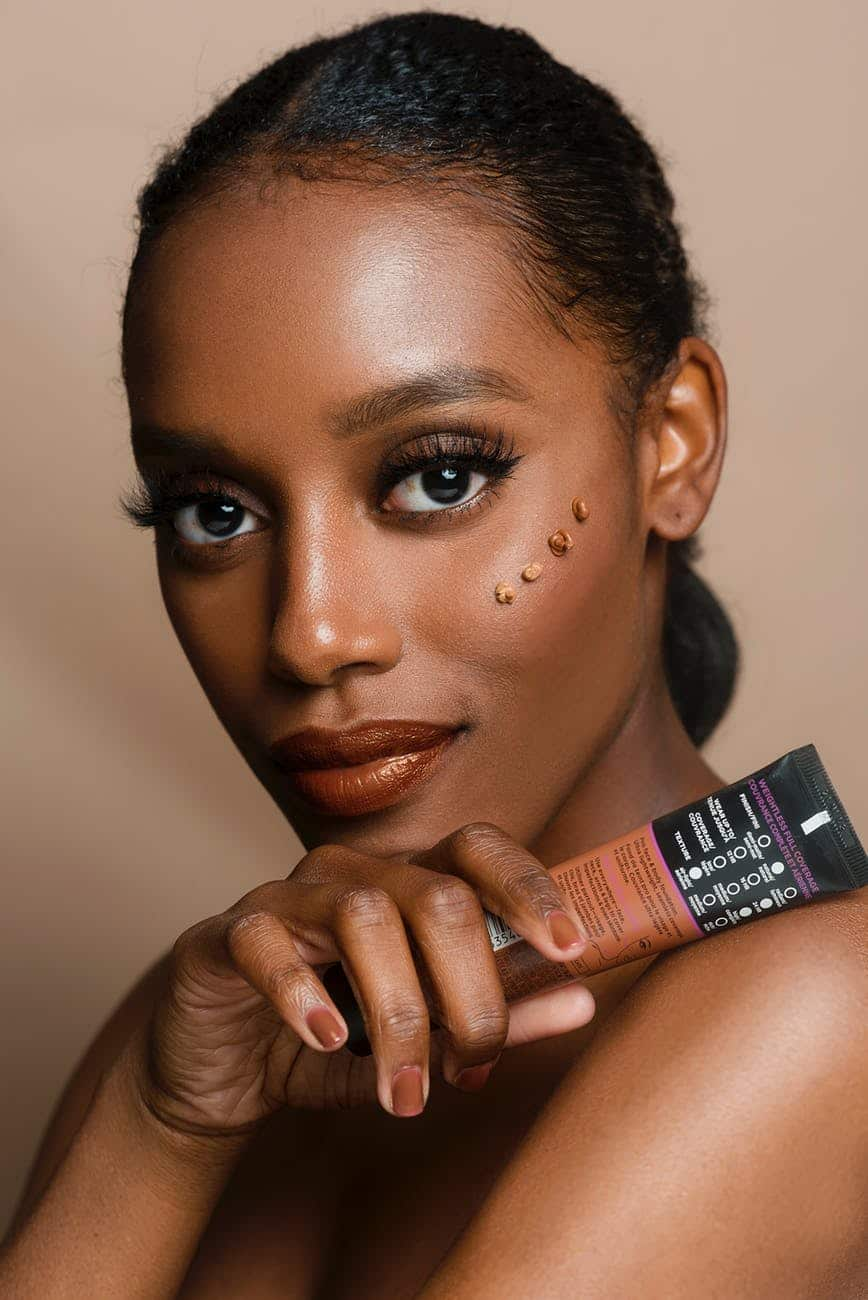
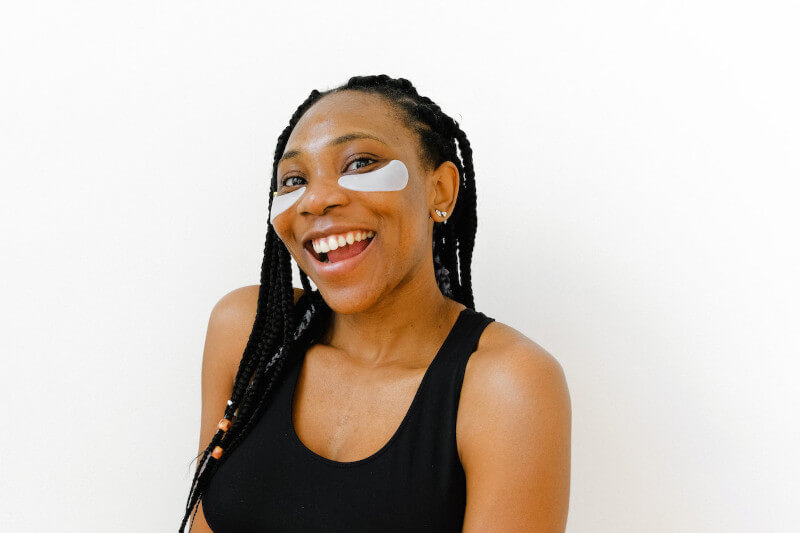


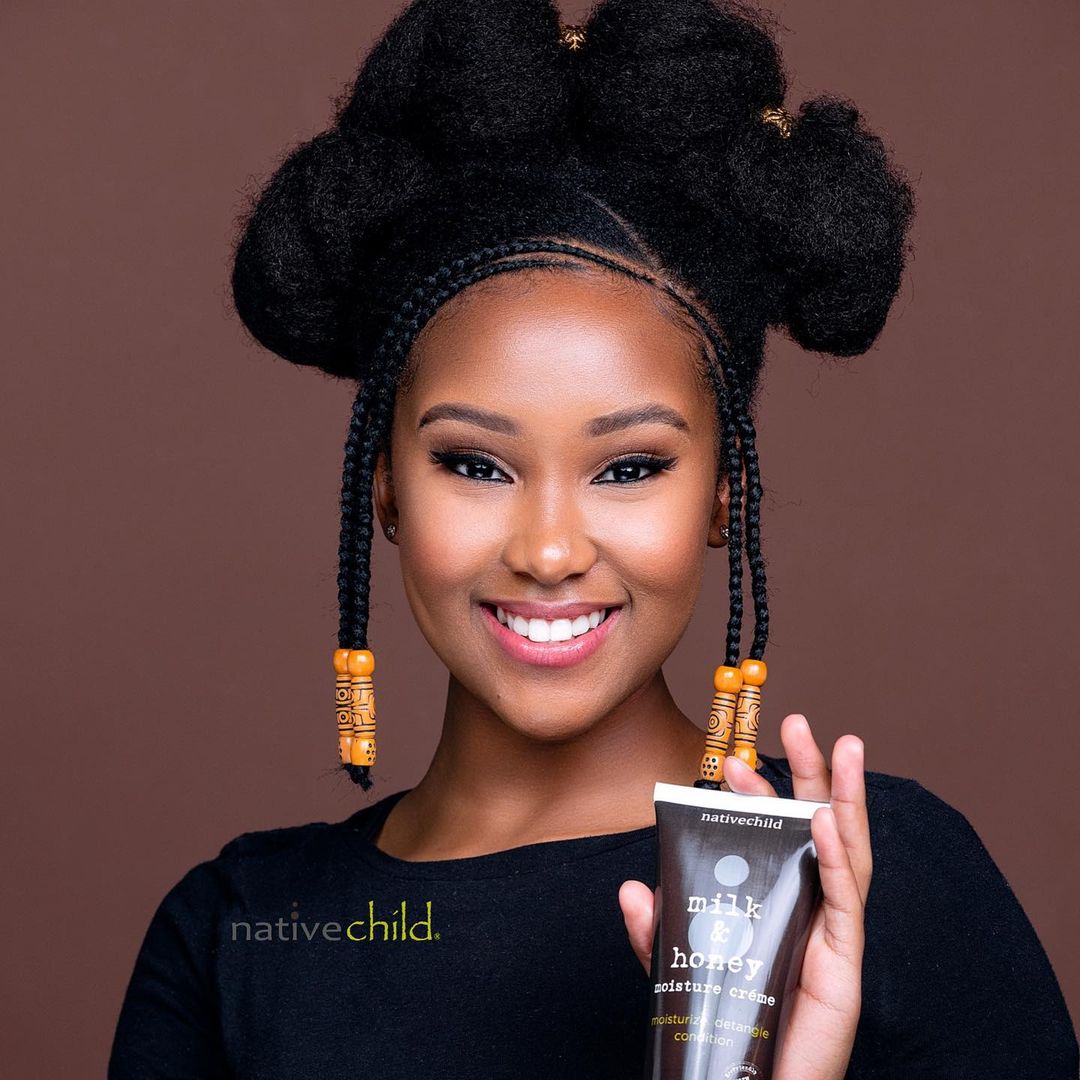
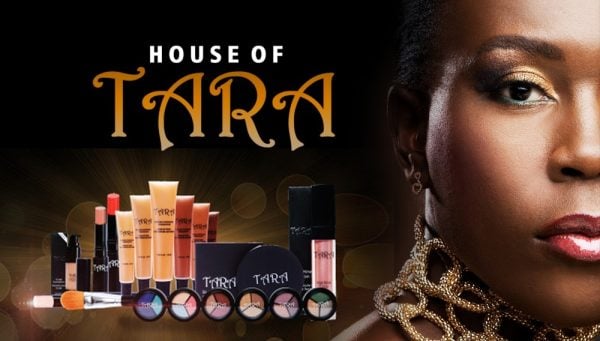
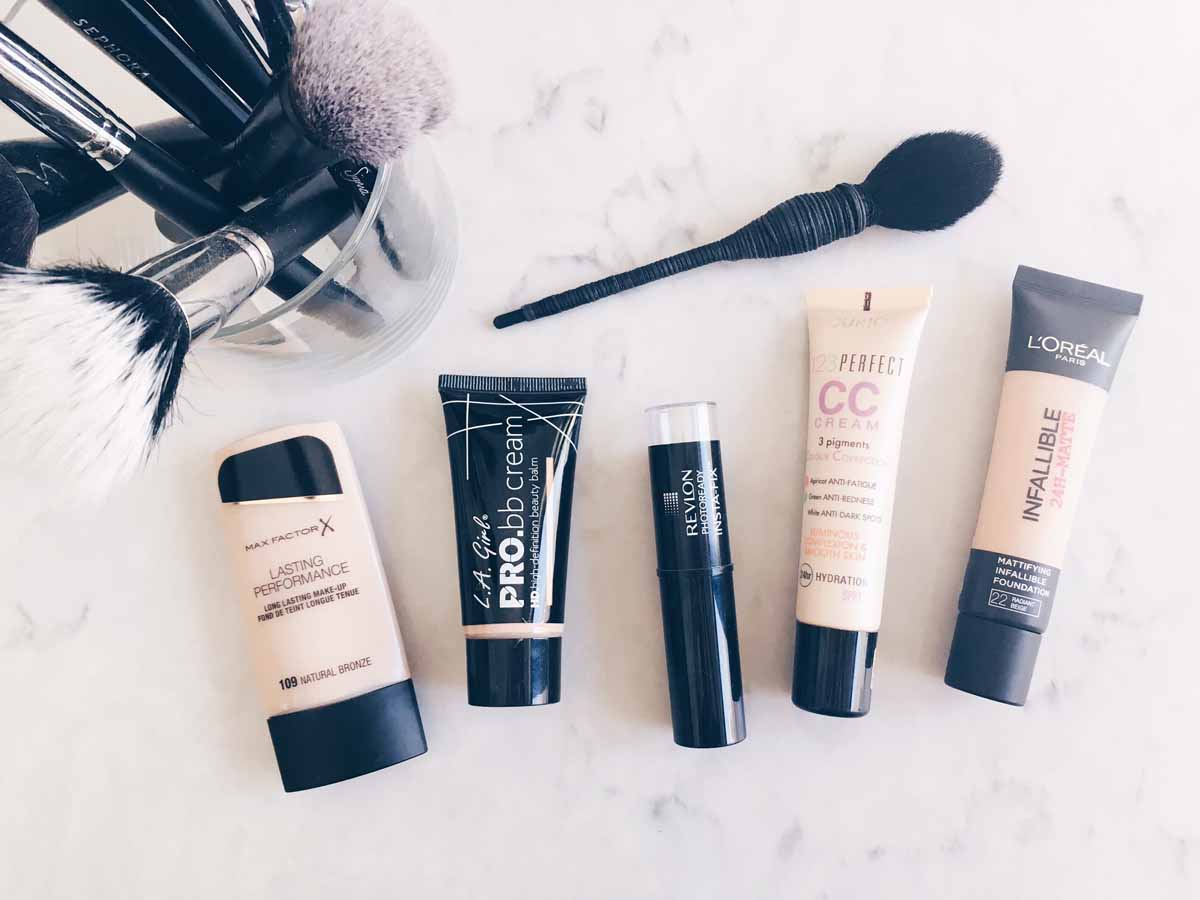
Closure
Thus, we hope this article has provided valuable insights into A Glimpse into the Vibrant World of South African Makeup Products. We appreciate your attention to our article. See you in our next article!